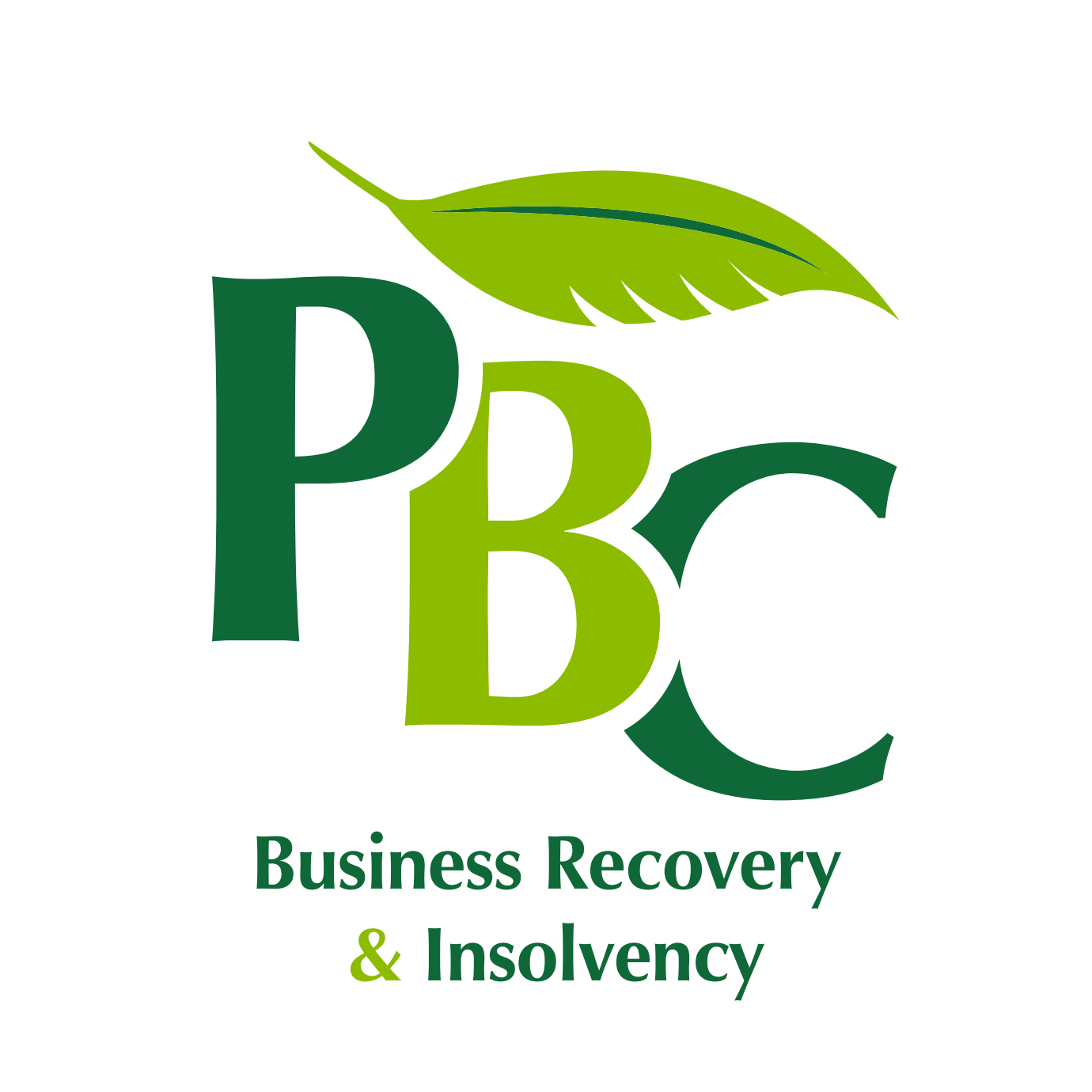How many of you have taken out a bounce back loan, a CBIL, claimed furlough or even claimed under the Eat out to Help out scheme? I guess many readers will be nodding their head at this point because most businesses have claimed some of this Government support during the pandemic lockdown.
For many businesses these schemes will act as the saviour and the loans will be repaid in accordance with the terms. However, there has also been plenty of media surrounding those who have misused or misapplied funds originating from these schemes. At the end of the day, it is taxpayers’ money (and will have to be repaid in due course) so those more unscrupulous applicants need be aware of the potential consequences.
While bounce back loans and CBILs under £250,000 are not personally guaranteed, directors need to understand that does not mean you escape personal liability. For example, if a director draws down some of the loan to pay personal liabilities, that in turn creates a directors’ loan account, being a debt repayable to the company. It can get worse as HMRC could determine that the personal use was income and accordingly, gives rise to PAYE where the director can be held personally liable.
It has been reported that as of 30 June 2021 HMRC had conducted more than 12,000 investigations into coronavirus fraud. Indeed, there have been several arrests with the number of prosecutions inevitably going to rise over time. Further, a director in Bolton was disqualified from acting as a director for 11 years after he claimed a bounce back loan when not eligible and subsequently used the funds for personal gain.
In the disqualification case (above) the director, clearly, thought ensuring there were insufficient accounting records would aid his defence as there was no evidence of accountability. Apart from a failure to maintain accounting records can be a criminal offence, banking records will always offer some form of transaction tracing.
So, what should I do?
I am bound to say, take early advice.
If you have used the corporate schemes for personal benefit, then look at how you are going to repay the amount taken. When liquidators pursue a director for malpractice, they are looking for restoration and this can become a drawn-out and costly affair for the director.
A common practice appears to be to extinguish personal loans by way of dividends. However, if the company has insufficient reserves, then drawing dividends is unlawful. Even if there are sufficient reserves, a loan-extinguishing dividend is exposed to challenge as a breach of duty.
In terms of any breach in the job retention scheme, while it seems concerning, you should confess to HMRC and seek ways of restoring the position. It is better to approach HMRC and include a proposal for making good than to be found out!
The Government have made it clear HMRC are to adopt a commercial understanding when it comes to recovery of tax liabilities and coming forward early should facilitate a structured restoration agreement. Stick your head in the sand then be prepared as hell hath no fury like [the Government] scorned!
Should you have an insolvency-related issue then please contact Gary Pettit at PBC Business Recovery & Insolvency on (01604) 212150 (Northampton office) or (01234) 834886 (Bedford office). Alternatively, you may send an email to garypettit@pbcbusinessrecovery.co.uk or access our website at www.pbcbusinessrecovery.co.uk

